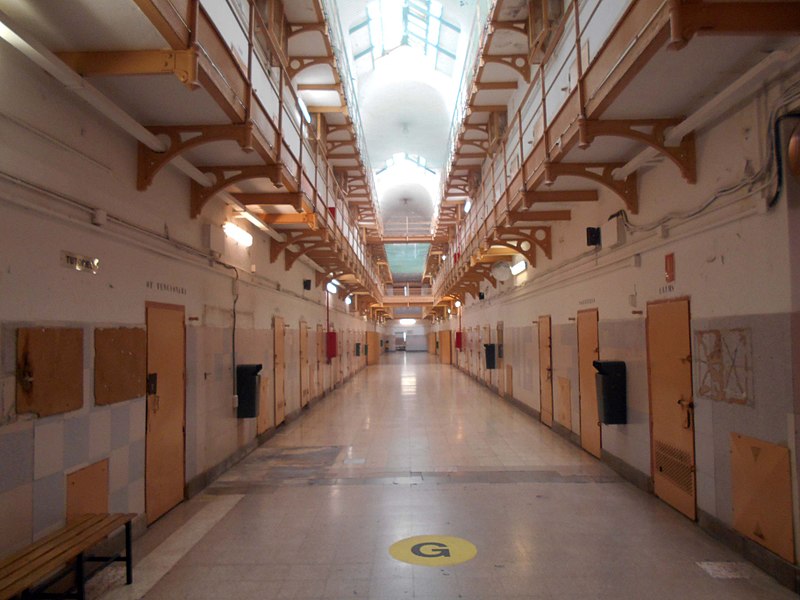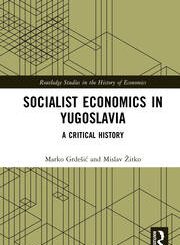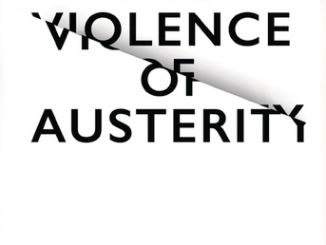Taken from the forward by Steve Tombs and David Whyte
 In September 2019, the Professor of Criminal Law at the University of Barcelona, Iñaki Rivera, a long-term colleague of Dani Jiménez’s and a friend of ours, was hauled in front of a court in Barcelona. His supposed crime? He had done what he was supposed to do as a human rights monitor. He had publicly condemned torture and ill-treatment in Catalan prisons. To end up in court for this is something that we might expect academics to face only in the most authoritarian of regimes, not a liberal-democracy in the heart of Europe. Of course, state repression and neo-liberal capitalism are what they are. They share dynamics and contours across the globe. But there are always local contexts for understanding specificities. Spain must be understood in post Francoist terms.
In September 2019, the Professor of Criminal Law at the University of Barcelona, Iñaki Rivera, a long-term colleague of Dani Jiménez’s and a friend of ours, was hauled in front of a court in Barcelona. His supposed crime? He had done what he was supposed to do as a human rights monitor. He had publicly condemned torture and ill-treatment in Catalan prisons. To end up in court for this is something that we might expect academics to face only in the most authoritarian of regimes, not a liberal-democracy in the heart of Europe. Of course, state repression and neo-liberal capitalism are what they are. They share dynamics and contours across the globe. But there are always local contexts for understanding specificities. Spain must be understood in post Francoist terms.
There is a purely Kafkaesque logic at work in the political and legal apparatuses of Spain. The state has become so intolerant of criticism that criticism of the state itself has become a crime. Iñaki is by no means the only one to experience this Kafkaesque logic. He is one of a growing number of people charged for offences like ‘hate crimes against the police’! In the past few years, a very long line of comedians, artists, rappers and singers have received prison sentences for ‘offences against the Crown’, for ‘sedition’ and for other charges that look like they are from a 16th rather than the 21st century justice system. The Spanish state cannot take a joke. And neither can it take a rap.
In the same month that Iñaki was summonsed to court, 47 lawyers, doctors, psychologists and left wing political activists from the Basque Country were forced into a plea bargain that saw 20-year sentences for terrorism reduced to 2 years. Some of those convicted were lawyers who had been arrested while defending their clients in court. They had been accused of belonging to a terrorist group and financing terrorism. None of the charges related to accusations of activities before the ETA ceasefire. Yet facing 20 years, they were intimidated into accepting a plea bargain. Also in that very same week that Iñaki was summonsed to court, 7 non-violent pro-independence activists were arrested in a police raid in Catalonia, accused of terrorism and refused bail. The Guardia Civil announced to the world they had seized explosives and were charging the Catalan ‘extremists’ with terrorism. It was later discovered that the “explosives” were fireworks for the local fiesta, something the authorities had known all along.
“Terrorism!” The daily wolf-cry in Catalonia. The peaceful civil disobedience campaign to demand the release of political prisoners in Catalonia is led by “terrorists!” When protestors blocked the Pyrenees border between Spain and France on the day of the 10th November election, the Spanish authorities launched an anti-terrorism operation. The French authorities opted to investigate them for “obstructing the highway”.
Yet, for all its necessarily-grasped specificities, in many ways Spain is not a special case. In the 21st century “terrorism!” has become the reflexive cry of every democratic state facing the consequences of its own violent foreign and domestic policies. “Terrorism!” is the cry of a state that has no clue or ability to control the blowback. Every state has its own version. In Britain it is called Prevent. The legal obligations on public employees to report and place people in our communities under surveillance under the guise of ‘Prevent’ seeks to turn us all into state spies, and turn all of the problems caused by the state into the problems caused by terrorists. Virtually all advanced capitalist states now use anti-terrorist laws to police political protests and political opposition.
Spain is not a special case in this respect. But at the same time, Spain is a particular case that has developed its mechanisms of repression in ways not yet possible in the rest of Europe. Look at the struggle for Catalonia. In many ways it is easier to explain how Spain condemns its political prisoners to more than a decade in jail for organising and leading peaceful protest than it is to explain how this can be tolerated by other European member states. The European Union has been almost completely silent on the question of Spain’s political prisoners.
The complex explanation for the European Union’s wilful blindness lies in the deep political and economic relations that law and ‘criminal justice’ ultimately supports. As European citizens, we idealistically expect the European Union to condemn Spain because Spain is part of the European Union. But the real politic betrays precisely the opposite logic: the European Union will not condemn Spain because Spain is part of the European Union.
Spain’s absolute allegiance to the European Union has been proved not just to the politicians and bureaucrats of Brussels, but also to the bankers of Frankfurt. After the financial crisis Spain gave the strongest of all guarantees that would pay its debts to the European banks. Indeed, it did so as a matter of constitutional prerogative. Spain amended its constitution to say that it must pay the banks before increasing social spending! This is what makes Spain a part of Europe. Not the human rights Europe, but the bankers’ rights Europe.
In this book, Dani Jiménez provides the politico-economic context for understanding the current repressive turn in Spain. He shows in meticulous detail how the repressive apparatuses of the state in Spain have scratched and clawed and spat notto defend ‘justice’ and ‘public’ order, but to defend the narrow economic interests of its elites. This systematic (and increasing) exploitation, exclusion and expulsion adds up to a “general administration of harm”.
Market-State-Prison. Such a stark and challenging title anticipates a triple object: the market as the centre of governance, the state as comprised of agencies of ultra-political control, and incarceration as the limb of a state agency focused on punitive management of social surplus. Drawing upon an impressive variety of sources, Dani first elaborates upon the origins of the current pattern of power until the 1970: from imperialism in the 16th century – primitive accumulation – to the exhaustion of Fordism. Second, he explores the four decades since the seventies up to the current crisis, analysing how the market-state symbiosis imposes a post-modern turn in which states assume theatrical and performative tasks. A third section, Spanish Punishment, deals with the conversion of fascist dictatorship in a ‘mature democracy’. At that point, the “end of a cycle”is reached and a brutal programme of austerity, the looting of public wealth and an intensification of punishment is unleashed by the state and the financial oligarchy. Yet, as the analysis in this magisterial book demonstrates power is never complete. A renewed counter-hegemonic movement is building strong resistance against this clampdown. And movements of resistance must always know the forces stacked against them. It is for this reason that Dani Jiménez’s book is both timely and an indispensable guide for the resistance.
The Paranoid Logic of the Repressive Capitalist State by Dani Jiménez
Published by EG Press
ISBN: 978-84-09-16944-3
Free Download Here
(Image from Wikimedia Commons)




Be the first to comment